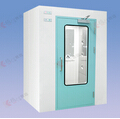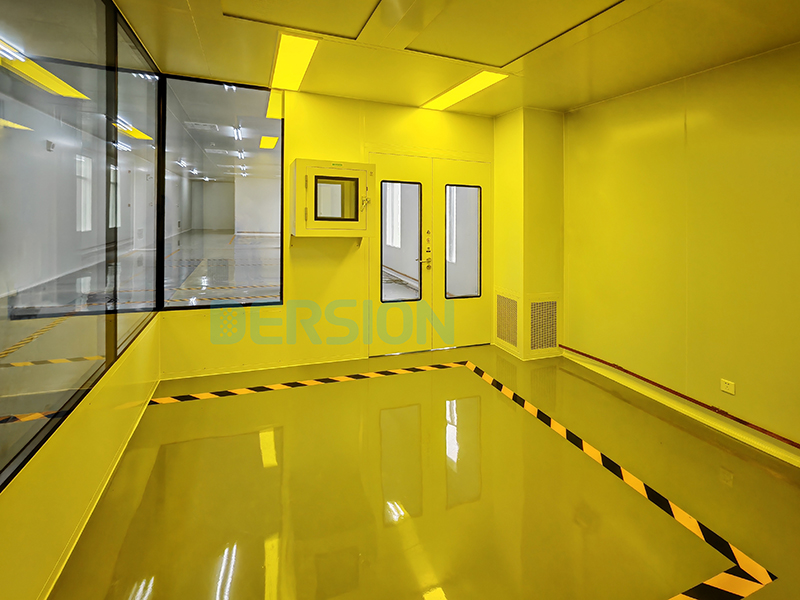How to choose the floor materials for a clean room?
Date:2023/5/11 | Views:802
A clean room, also known as a clean workshop, is a space where people can move around with air cleanliness that meets established requirements. Clean rooms have high requirements for construction materials, and different industries also have different requirements for clean room flooring. So what are the types of clean room flooring and how should we choose the appropriate clean room flooring materials?
1. Terrazzo floor
Terrazzo ground is a type of ground made by grinding natural stones such as marble, granite, and basalt. Its advantages are anti-static, wear-resistant, high-pressure resistant, and easy to clean. However, due to the rough surface of terrazzo, particles and microorganisms in the air are easily hidden in the gaps, making it only suitable for workshops with low cleanliness requirements. Moreover, due to the lack of elasticity in the terrazzo floor, it is prone to cracking and requires daily maintenance.
2. Epoxy self-leveling floor
Epoxy self-leveling coating is a high-performance and multifunctional floor coating mainly composed of epoxy resin. The film-forming process of epoxy self-leveling coatings is a chemical film-forming method, which has the advantages of dust prevention, moisture resistance, wear resistance, corrosion resistance, etc. It can meet the requirements of high cleanliness and is widely used in the ground decoration of 100-10000 level clean workshops. The epoxy self-leveling floor, due to the formation of a layer of film, not only provides good wear resistance and impact resistance, but also effectively prevents pollutants from seeping into the ground, improving the hygiene level of the clean workshop.
3. PVC plastic flooring
PVC plastic flooring is an environmentally friendly flooring material with the characteristics of anti-skid, wear-resistant, and easy to clean. Compared to the above two types of ground, it is more elastic and can reduce fatigue from prolonged standing. PVC plastic flooring is not only easy to install and maintain, but also effectively isolates underground dust, bacteria, and microorganisms. Due to its astringent nature, workers are less likely to slip and are suitable for more humid environments. But its cost is relatively high, and factories can choose according to their own needs.
Overall, these three types of floor materials have their own characteristics. To build a clean room, one should start from their own needs and consider various dimensions such as product properties, price, area, and construction plan to choose the most suitable floor material for the clean room.
[Return]


